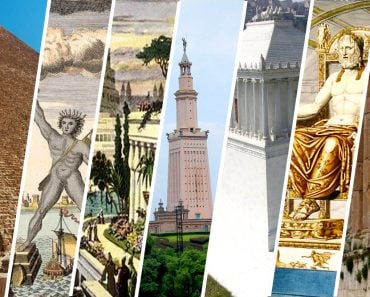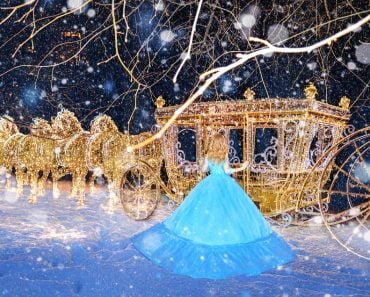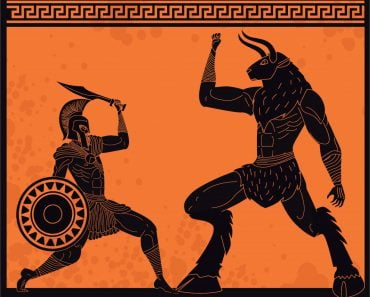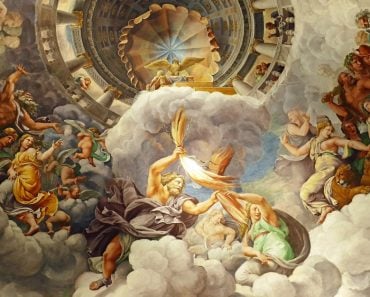Table of Contents (click to expand)
Pandora transcends the well-known ancient Greek tale highlighting human curiosity; she represents human quest, potential pitfalls, and timeless hope.
In the vast tapestry of mythological tales that have been woven across cultures and centuries, few stories have captured the collective human imagination like the story of Pandora’s Box—a tale that is both spellbinding and cautionary. This ancient Greek fable of insatiable curiosity, unforeseen consequences, and the indomitable spirit of hope serves as both a lesson-laden narrative and a testament to the human condition.
Tracing its roots and relevance back through history and examining its multifaceted interpretations, let’s delve deeper into this emblematic story.

Recommended Video for you:
The Prologue: Of Titans And Retribution
Our tale commences with the audacious act of a Titan, Prometheus, who defied the gods by bestowing upon humanity the gift of fire. This singular act paved the way for civilization, progress, and enlightenment. To counter this defiance, Zeus, the Lord of the sky and the chief god of the Greek pantheon, plotted a cunning bit of revenge. His instrument? The first woman, Pandora, crafted in heavenly beauty and bestowed with gifts from every god (her name literally means ‘all-gifted’), the most important of which was curiosity.
She was sent to Prometheus’ brother, Epimetheus, as a gift and as a bride. Along with her came a large pithos, or a Greek jar; we only call it a box because a 16th century translator messed it up. This jar contained untold mysteries, and a simple instruction from the gods—never open it. Yet, as destiny (and the gods) would have it, Pandora’s curiosity led her to unseal the pithos, releasing a torrent of calamities upon the world. In a twist of poetic grace, the only entity left within the pithos was hope.
The Complex Nature Of Curiosity
The tale, at first glance, might seem like a straightforward admonishment against heedless curiosity. However, to dismiss it as just that would be a disservice to its layered depths.
Human history is awash with instances where curiosity has been the guiding torch. Our drive to explore the unknown, from the vast cosmos above to the minuscule atom, is emblematic of our inherent nature. Yet, with every stride into the unknown that we take, we are faced with a Pandora’s Box of our own making. The splitting of the atom, for instance, brought about both the promise of boundless energy and the specter of nuclear annihilation.
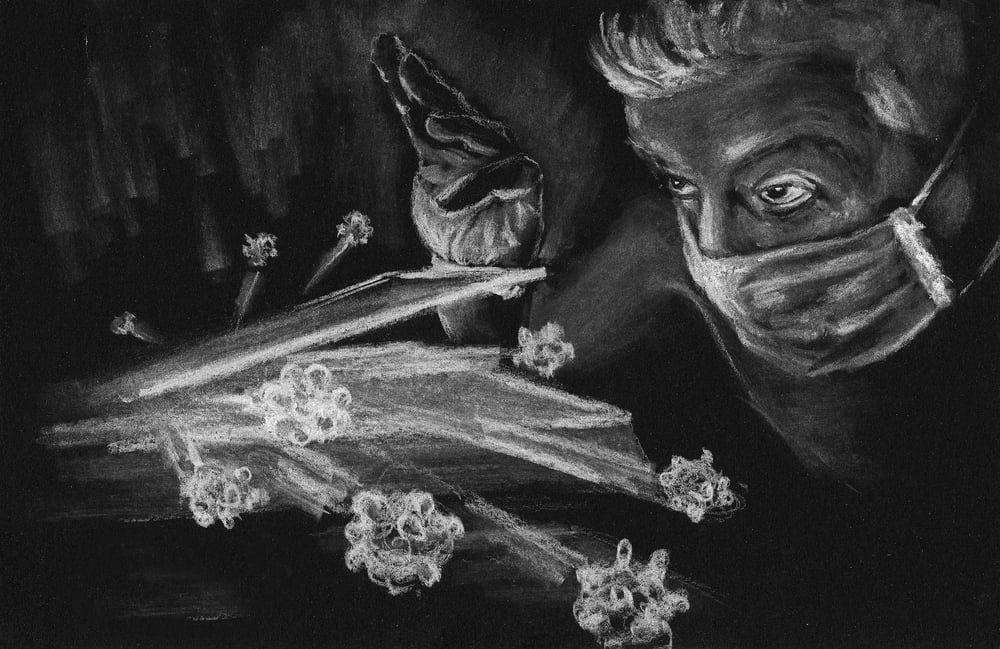
The Redemption Of Hope
Despite the gloom that spills from the opened box, hope’s presence within it is perhaps the tale’s most enigmatic and uplifting element. Was hope’s confinement an act of mercy by the gods, ensuring that humanity would always have a balm for the wounds inflicted by the evils that were released that day? Or was it, rather cynically, the cruelest trick of all, giving humans the capacity to endure and persist, even in the face of overwhelming adversity?
Regardless of interpretation, hope’s inclusion underscores its centrality to the human experience and the reason why this myth has become so well known. I will let you, the reader, decide what the “hope” in Pandora’s jar might mean.
Why Hope?
Hope is an age-old companion of the human spirit, an intrinsic element woven deeply into the fabric of our existence. Whether faced with personal adversity, societal upheaval, or existential challenges, hope acts as the compass that directs us through turbulent waters. The question is, what drives our relentless quest for hope?
From an evolutionary standpoint, hope is likely a survival mechanism. Our prehistoric ancestors were confronted with a host of challenges every day– predatory threats, climatic adversities, and a perpetual lack of sufficient food. In such an environment, individuals who harbored hope and optimism might have been more inclined to persist, push boundaries, and problem-solve, rather than succumb to despair. Hope provided an adaptive advantage, driving individuals to adapt, innovate and persevere.

Psychologically, hope serves as a protective barrier against feelings of helplessness and despair. The belief in a brighter future or in the potential for positive change enables individuals to cope with present adversities. Hope provides a psychological anchor, ensuring that despite current struggles, there is a deep-seated belief in the potential for redemption, recovery, and improvement.
Pandora In The Modern Age
Transcending its ancient origins, the legacy of Pandora’s Box is ever-present in contemporary culture. The phrase “opening Pandora’s Box” has been cemented in our modern lexicon, a vivid metaphor for actions that lead to unforeseen and often irreversible consequences.
Pop culture is rife with echoes of Pandora. Movies, books, and songs frequently draw upon its motifs, framing modern dilemmas in its ancient mold. Consider the ethical quandaries of artificial intelligence: our drive to create, to give birth to sentience, may very well be our modern-day Pandora’s box, filled with potential wonders and catastrophes.
In our tech-driven age, Pandora’s Box would likely appear as app or a piece of software. Lured by slick design and the promise of uncharted digital content, users might ‘open’ the app, unleashing a barrage of data, notifications, and information overload. However, amidst this deluge, a solitary ray of hope might emerge, reminding users of the joys of disconnection, mindfulness, and the real world outside. It serves as a parable for our times, as it has for so many times that have come before.

Conclusion
What makes the story of Pandora’s Box so universally resonant is its stark portrayal of human frailties and strengths. It captures our endless quest for knowledge, the inevitable pitfalls that accompany it, and the undying spirit of hope that sees us through even our darkest hours. In Pandora, we see reflections of ourselves—driven by an insatiable desire to know and explore, even at the risk of unforeseen repercussions. The Box serves as a potent symbol of the dual-edged nature of discovery.
The story and its lessons are so memorable because they remind us that even in the face of overwhelming despair, hope endures. It is this timeless lesson, of hope’s undying flame amidst the engulfing darkness, which ensures that the tale of Pandora’s Box will continue to inspire, warn, and uplift humanity for generations to come.
References (click to expand)
- Harrison, J. E. (1900, November). Pandora's Box. The Journal of Hellenic Studies. Cambridge University Press (CUP).
- Geoghegan, V. (2008, April 9). Pandora's Box: Reflections on a Myth. Critical Horizons. Informa UK Limited.
- A psychoanalytic enquiry into Pandora's box: symbol and ....
- Sebeok, T. A., & Sebeok, T. A. (1986). Pandora’s box in aftertimes. I think I am a verb: More contributions to the Doctrine of Signs, 149-173.


